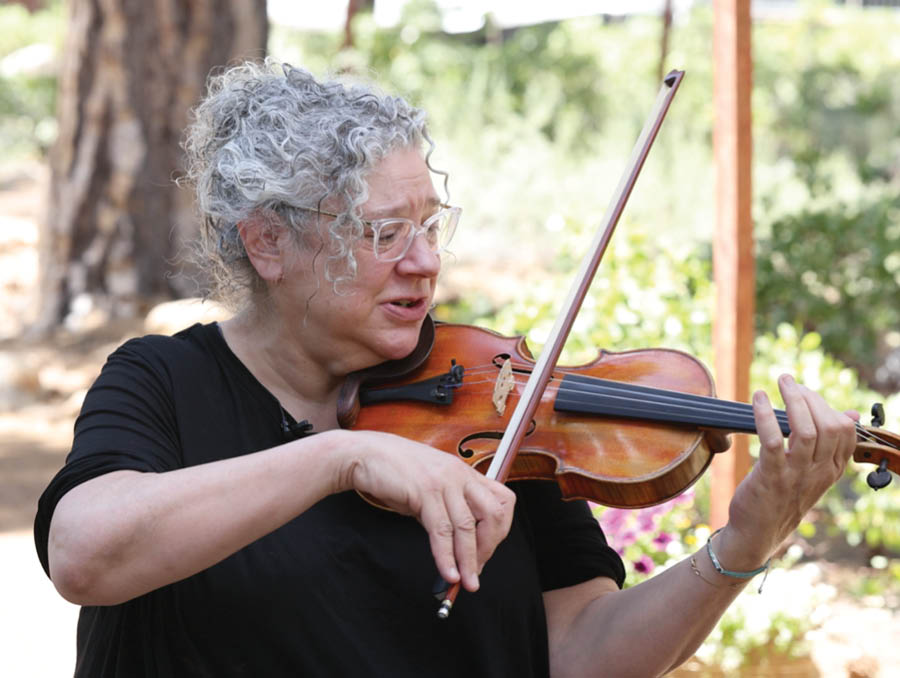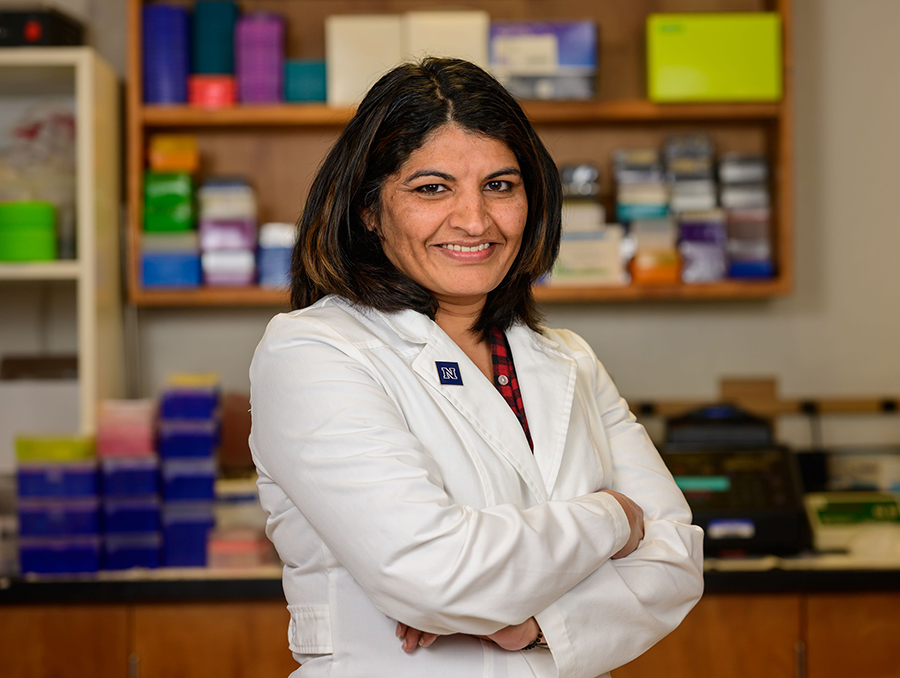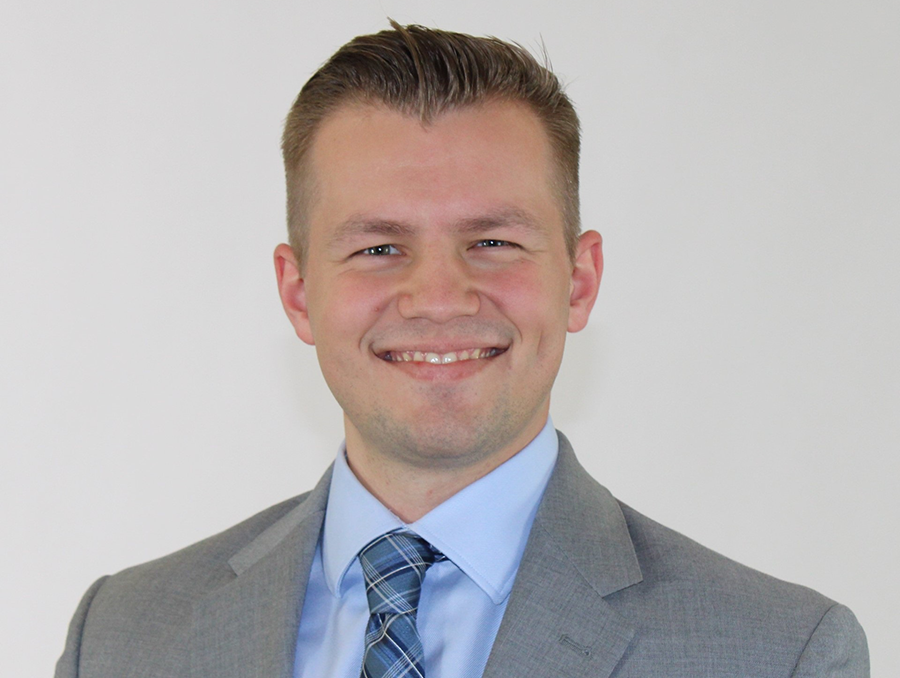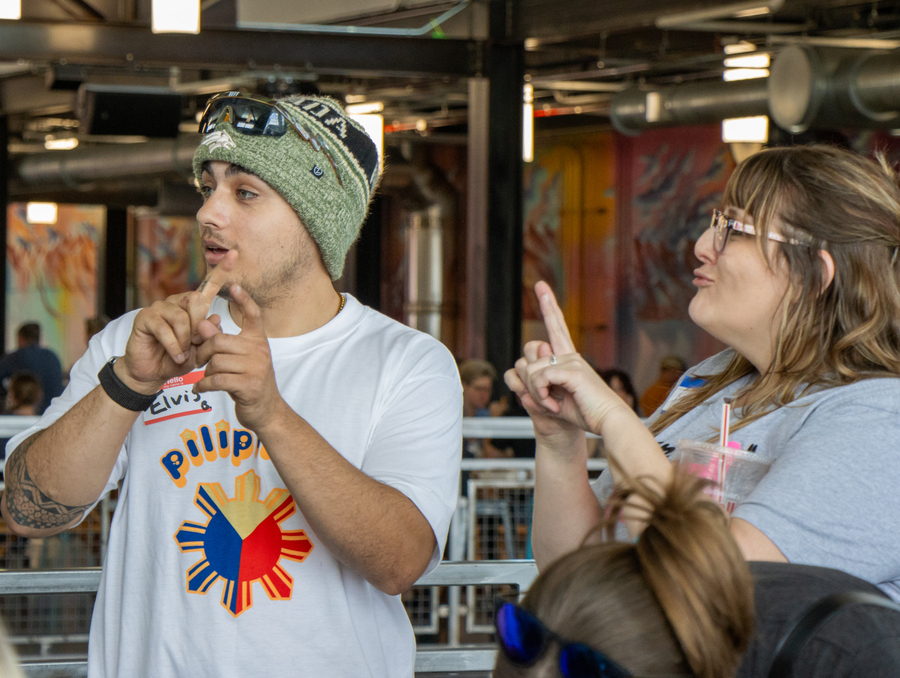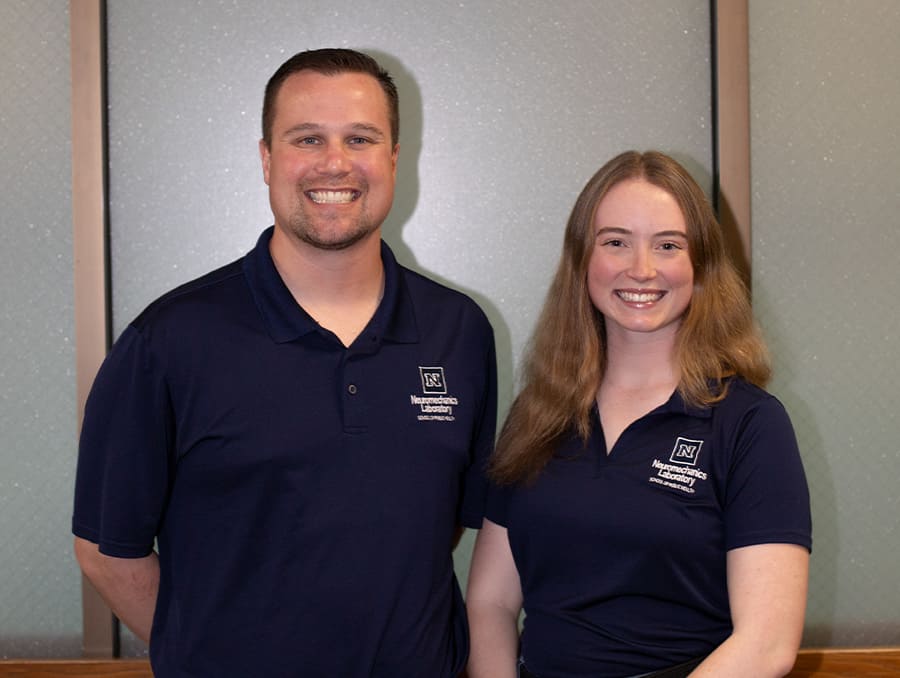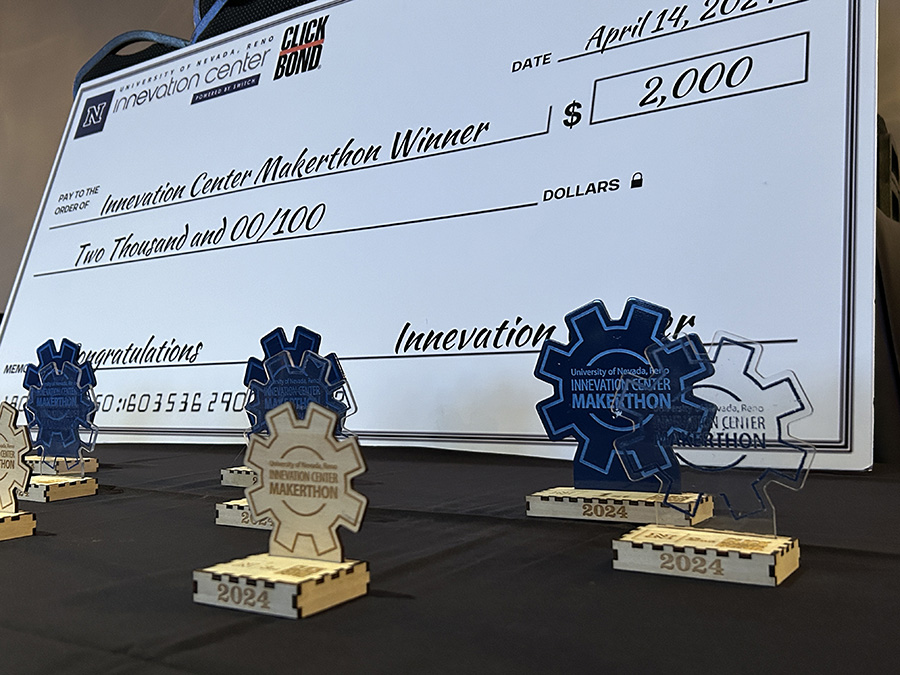Mark Lemos has always had the science part down pat.
From the time he entered the University of Nevada, Reno as a freshman from Yerington High School in Yerington, Nev., he knew he would be a major science major.
So it is interesting to note that the 21-year-old junior in the Department of Biochemistry and Molecular Biology within the College of Agriculture, Biotechnology and Natural Resources finds himself surrounded by business types as he enters the final stages of the 2007 Donald W. Reynolds Governor's Cup, a statewide collegiate competition where undergraduate and graduate students vie for cash awards in excess of $110,000.
And so far, Lemos is more than holding his own.
His "EVO Fuels" business plan has been chosen as a finalist in the Governor's Cup Undergraduate category as well as in the Lt. Governor's Award category — a new division that specifically targets "green" business projects that will help the environment.
Just as the name suggests, "EVO Fuels," represents perhaps the next important "evolution" of biofuels and their use in the state of Nevada.
"When I got involved with the competition, I wanted my project to have to do with alternative fuels," Lemos said. "I thought ‘EVO Fuels' was a good name, because it sounded like ‘evolving fuels,' kind of a transition to alternative fuels."
Lemos' business plan is quite savvy in its use of natural resources that by themselves occur in only a handful of states. And, taken together as a group, are unique only to Nevada.
According to his business plan, Lemos' company proposes to grow microalgae for biodiesel feedstock and other products while sequestering carbon emissions from power plants.
"EVO Fuels not only uses microalgae as a biofuel resource, it creates a multitude of other products and also sequesters C02," Lemos said. "So you're getting three different, independent profit models from biofuel resources. The other products would be biomass, which you could sell to the organic livestock feed market, or to the fertilizer market, or turn into heating pellets. They could also use the vitamins and antioxidant pigments from the microalgae for pharmaceutical products. And all of this would be in addition to sequestering CO2 from coal and gas-fired power plants."
John Cushman, professor of biochemistry and molecular biology at the University and chair of the graduate program in biochemistry in the College of Agriculture, Biotechnology and Natural Resources, said Lemos' project touches all the bases regarding renewable energy resources in the state.
"Mark's project is leveraging resources that are unique to Nevada," said Cushman, who also served as Lemos' faculty advisor. "So what do we have here in Nevada? We have sunlight. We have geothermal. We have salt basins and open lands where we could put algal feedstocks into production in a scalable manner.
"You couldn't do this in other areas of the country."
Lemos said the biggest challenge for him was to learn how to communicate his business plan in ways that did not sound overly scientific.
"It's definitely a lot more challenging," he said. "You're trying to do something that you've never done before. A lot of the business students, they've gone through the classes, and they know a lot of the terminology and jargon that goes along with business. Biochemistry students just don't have that business background."
To determine the winner, the competition will have two rounds of presentations. On Tuesday, April 17, Lt. Governor's Award presentations will run from 9 a.m. to 4 p.m. at the Siena Hotel Casino Spa. On Thursday, April 26 from 9 a.m. to 4 p.m. at the Siena, Governor's Cup presentations will be held. The winners in both categories will be announced at 6:30 during the competition's dinner and awards ceremony. The Lt. Governor's Award first prize is $5,000. The Governor's Cup first prize award is $20,000.
Though it will be nerve-wracking, Lemos, said he is ready for the challenge.
"I've already gone through a couple of dry runs," he said, jokingly. "It was a good thing they were dry runs."
"Just putting a business plan together and packaging all the information in one nice little package has been an amazing experience," he added. "It has changed my perspective on why I'm getting my degree. I can leverage my scientific background and really use what I've learned here in a lot of new, different and exciting ways." There are a number of other University students who are finalists in the competition. They include:
Governor's Cup Undergraduate Finalists
- EVO Fuels
Mark Lemos - ME3 – carGLOW
Robert Terhune, Mindi Casey, Doug Eckery, Heather Malson, Shunsuke Otani, Daniel Traut - parafamilia.com
Stevi Wara, Jocelyn Pulido - Your Jewels
James Lake, Humberto Solis, Rob Tracht, Jayesh Bhakta
Governor's Cup Graduate Finalists
- Kicks N' Sticks
Phillip Cleveland, Trista Biggs, Regan Losty - NanoVation
Rashi Tiwari, Yvonne Dang, Sang Mun Kim, Alex Vanderhoff, Kaustav Sinha - Samsara Interactive, Inc.
David Carr, Juan Quiroz, Ben Menesini, Austin Stanhope, Mark Harmer - Simply Healthy Food
Abbey Smith, Melissa Voigtmann - Wilder Maps
Jeffrey Stephens, Emily Setzer
Lt. Governor's Award Undergraduate Finalists
- EVO Fuels
Mark Lemos - ME3 – carGLOW
Robert Terhune, Mindi Casey, Doug Eckery, Heather Malson, Shunsuke Otani, Daniel Traut - Sierra Sustainable Solutions
Joshua Waldo-Speth
Lt. Governor's Award Graduate Finalists
- Nano-Energy
Whip Thompson, Brad Drake, Hiroki Kasahara, Jayson Aull, Kyle McDermaid, Vishal Mahajan - NanoVation, Rashi Tiwari
Yvonne Dang, Sang Mun Kim, Alex Vanderhoff, Kaustav Sinha - See Green Biodiesel
Juan Quiroz, Tony Maragakis






